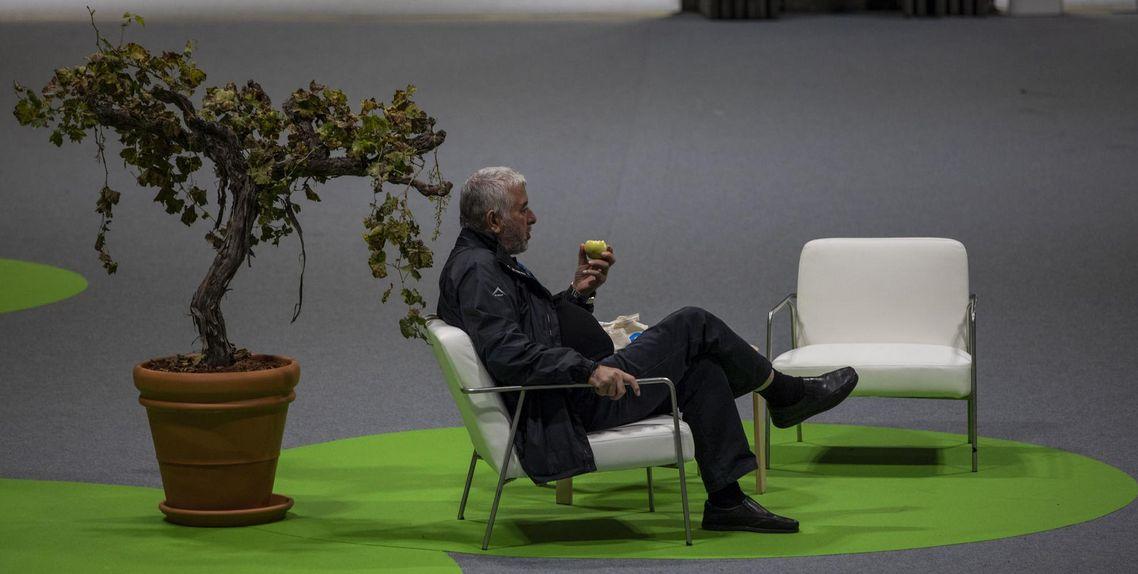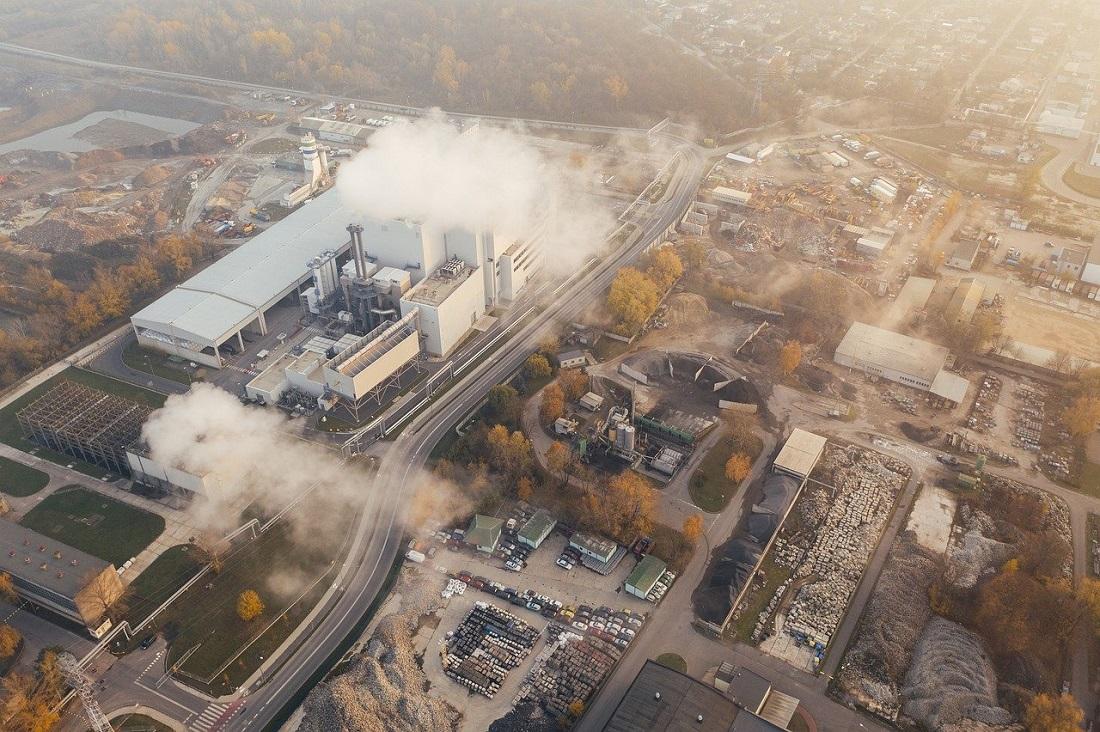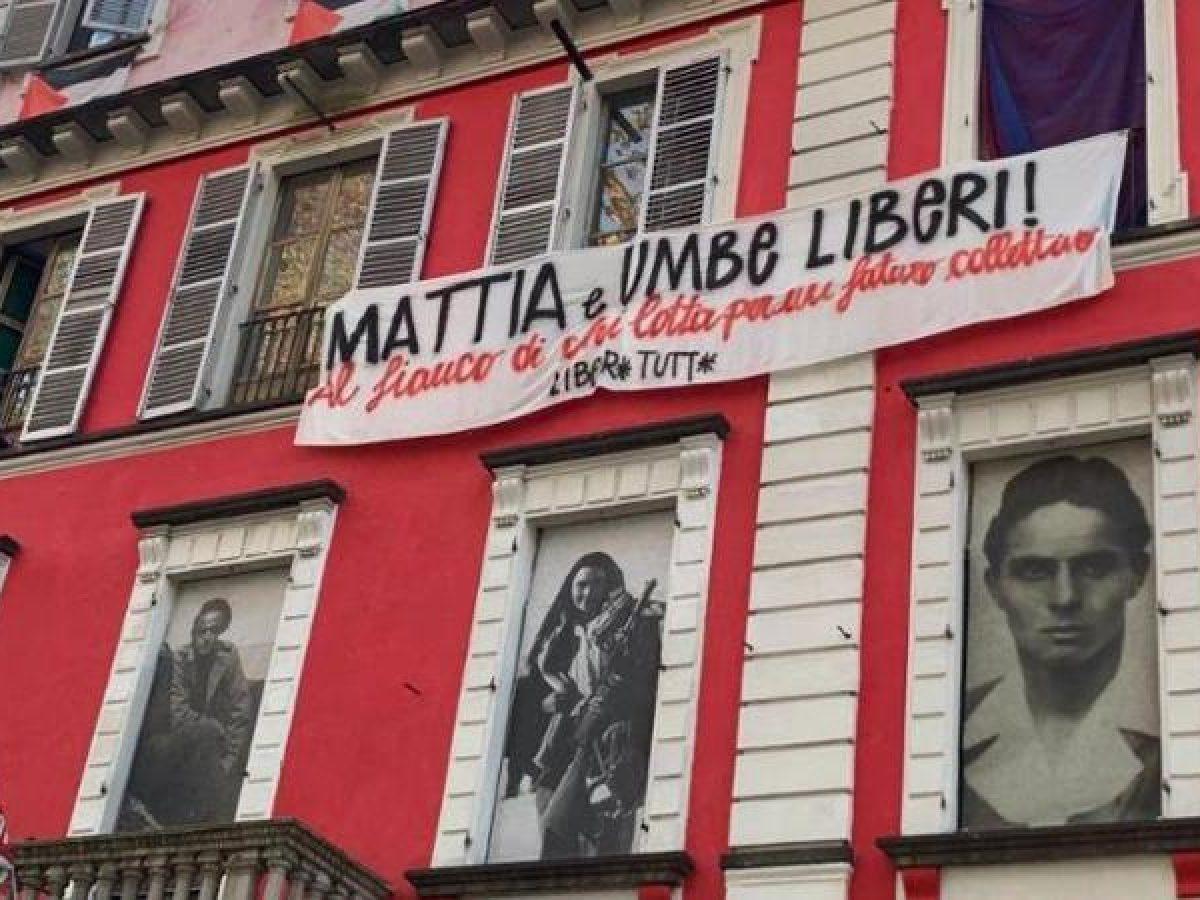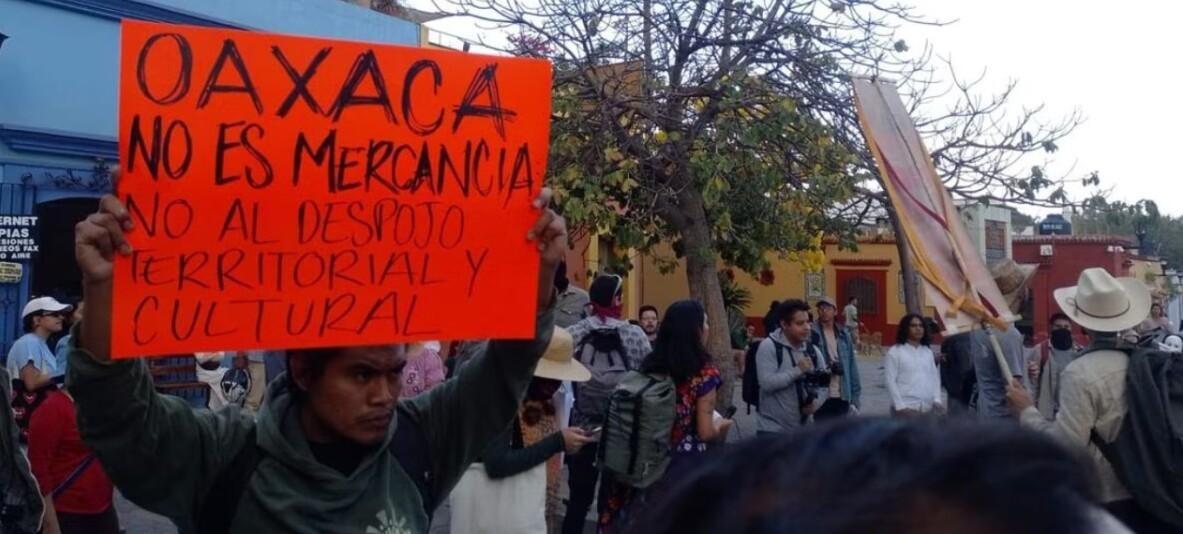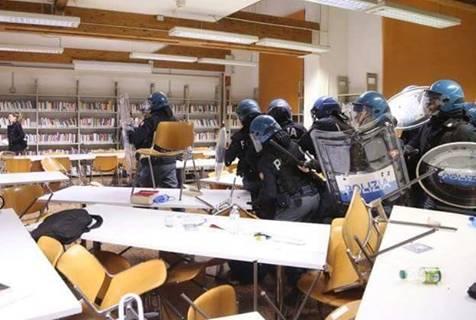
Bologna, the “36”, the rage of the youth and a model of city
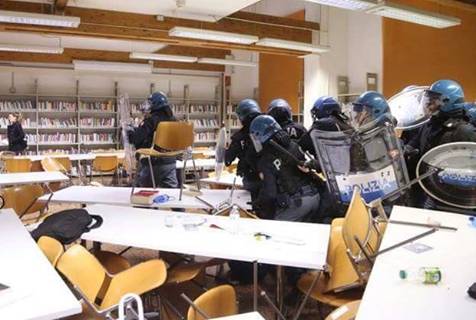
IIn these last days we are witnessing an attempt of escalating a longtime-sought attempt by Bologna’s governance (University, City Council, Police Department): to normalize the city’s university area social and political life, always a hindrance for those eager to dictate an absolute power on the students’ life. To attend lessons, consume in the venues, go back home. Nothing more is granted, nothing more is acceptable.
For years a place like the library in via Zamboni 36 [From now on: the “36” – t.n.] has been opposing all of this. Simply, by existing as a place of reproduction of life which is alternative to the produce-consume-die; it has all always been a place for debate and contamination and whoever is active in social and cultural processes in the city recognizes it as a precious common to defend.
In an age featuring borders, walls and barriers everyday, the University of Bologna too tried to build up one: and, casually, the choice fell on the 36 itself, where a badge-regulated access system was supposed to discipline entrance to the Library for a few lucky ones – when all always the 36 is a place open to everybody, and it is acnowledged in the city for the vibrant alternative mood which is experienced inside it.
For some days a battle is waged against these turnstiles: the students simply boycott them, opening them in the morning and watching in order to allow access to everybody. In an age of closure, a public space is kept as such. The University management does not want to take a step back, they feel the mood in the city as apt, the City Council and the Police Department persecute the housing struggle, the poors, against social spaces..every social issue is degraded to a public order issue.
The University does not accept any kind of dialogue in regard to what the students expressed, bogus negotiations are held to reaffirm that there is no kind of dialogued to carry on. The answer is simple, if the University does not remove the turnstiles someone else would have to. And the turnstiles go down.
The following step by the University is coherent with walls, borders and barriers: the 36 is closed. If everyone can get inside, then it is better no one is allowed in. It is a vendetta, and as such it cannot be accepted. The 36 is reopened [by the students – t.n.] and normality returns in the study room: people who study, discuss, lives their student condition, as logic as it can be.
But logic becomes folly, and reaches the worst thinkable consequences: the University management, as reported by the newspapers some hours later, asks the Police Department to send anti-riot police. The ‘valiant’ police commissioner Coccia, enemy of any opposition to the crisis and social blight cannot wait for the excitement: he can send his troops to break one of the biggest taboos, the neutral character of the University towards political struggle and the expression of dissent.
Police enters the University at 5.30 pm: indiscriminate charges against students happen in a surreal context, with truncheons and books that become blurred and with students being held hostages in their studying places. Philip Dick is amongst us.
They advance punching and kicking in 30 vs 1..
A solidarity picket gathers outside: the rage is great, in the University there is disbelief mixed with hatred against such a decision – and immediately outside the 36, on via Belle Arti, hundreds of people unwilling to accept such a thing come together.
While the news break though the newspapers and tv reportages headlines, police charges and pushes the picket on via Belle Arti. Here the cortege tightens up and runs on via delle Moline in a hurry, in order to get to piazza Verdi, which is conquered and barricaded as police stops in front of the 36.
Every street furniture is teared off by the demonstrators, after all what happened in the University reached unparalleled peaks of provocation and any kind of police aggression is possible. It is a matter of self-defense and preparation to get back at them.
Then the police attacks the gathering with armored wagons, in a context that with enormous difference happens 40 years after the 1977 [that year the Minister of the Interior sent tanks in the city street in an attempt to crush the autonomous revolt there – t.n.] The police wagons in via Zamboni run towards the demonstrators, while every kind of stuff flies around.
In the mess, police arrests people who will be released after only a few minutes.
Tightening up again and with a renewed determination, the cortege stops on via Petroni, but it does not accept to flee anymore. The 36 is the place to be defended, it has to be taken back because a theft is happening, that of a collective space. And it starts again.
Now thousands of people cry “Tous le monde deteste la police” and start to address as responsibles for the situation the Dean Ubertini, the Police Commissioner Coccia and the Mayor Merola.
On via Belmeloro the counterattack starts: such a situation is unacceptable. Marching again towards via Zamboni, the cortege rushes, attacks, is unavailable to any kind of surrender. Police fights back, but the cortege stays tightened.
By now the numbers are increasing, and the cortege brings itself to block the ring road, in order to send yet another message to the city. Traffic is blocked before marching against towards the city centre, in the piazza Maggiore direction.
Here the corteges ends, after a day of struggle that marks a great response to the processes of normalization of the university area and of all the city, that still bases its beauty and economy on the wealth which is produced through the corridors of the faculties. A city who, simply, would be never normalized: because that would mean to condemn it to its own perpetual death.
A context which will always find on days like these a new opponent being born.
Ti è piaciuto questo articolo? Infoaut è un network indipendente che si basa sul lavoro volontario e militante di molte persone. Puoi darci una mano diffondendo i nostri articoli, approfondimenti e reportage ad un pubblico il più vasto possibile e supportarci iscrivendoti al nostro canale telegram, o seguendo le nostre pagine social di facebook, instagram e youtube.









